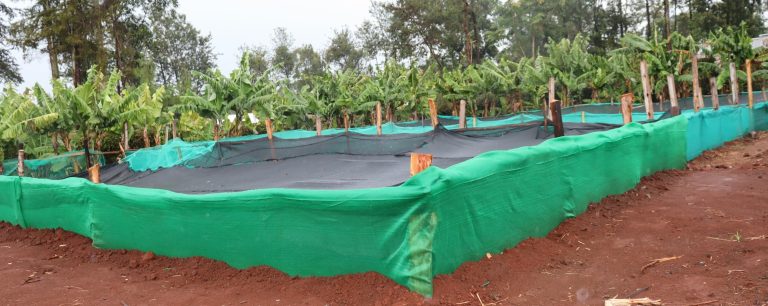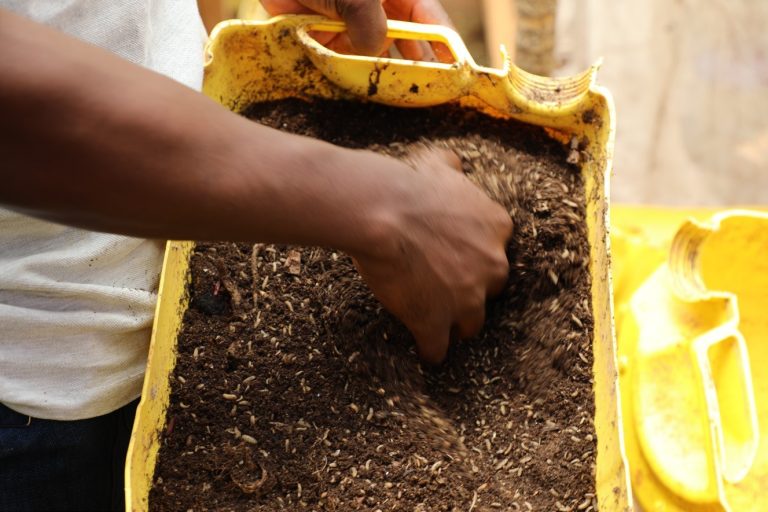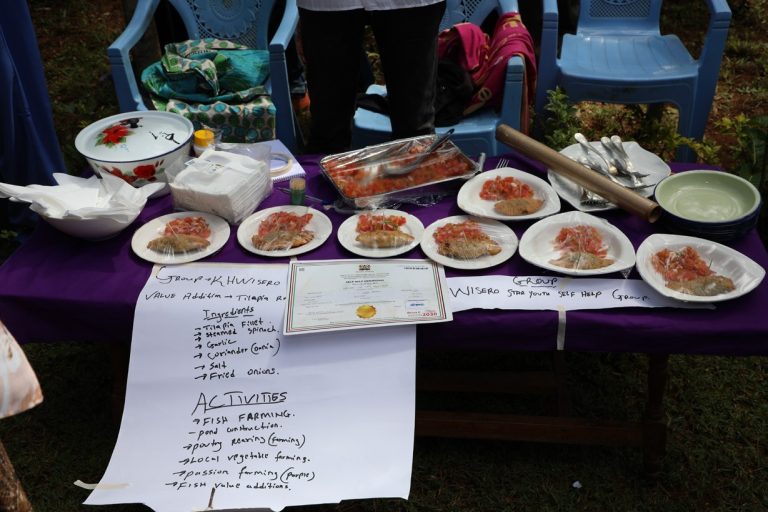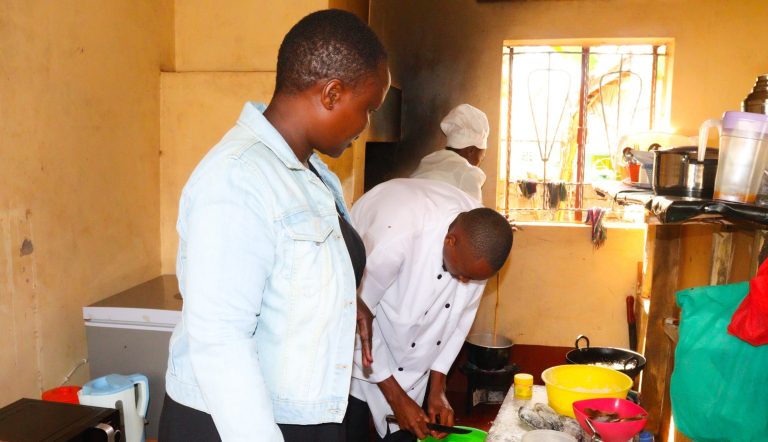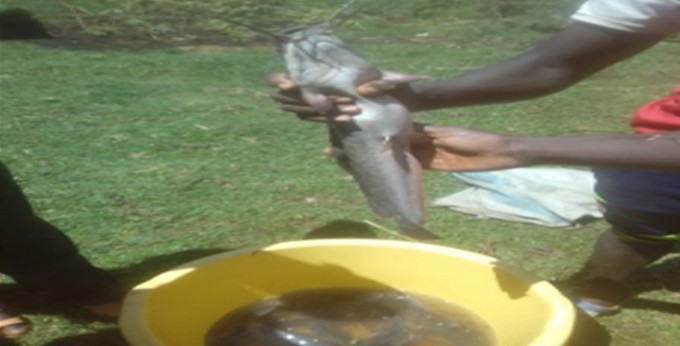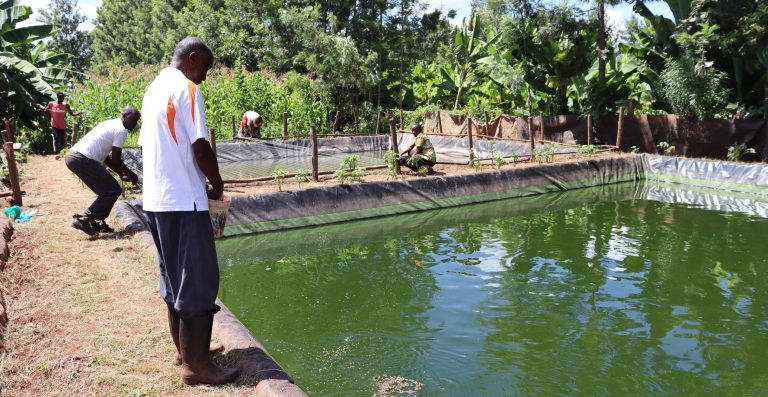Exploring Aquaculture as a Post-Retirement Venture
The Success Story of Julian Sibo Moyera (62 years) Kakamega County, Lukuyani-Illomino Sub County, Lukuyani ward
Many people take advantage of retirement to unwind and enjoy their leisure time. Nonetheless, it may also be a period filled with uncertainty and monotony for some people. Retirement is a time of transition, where individuals bid farewell to their long careers and embark on a new chapter in life. Julian Sibo Muyera is a successful fish farmer and above all else, happy beneficiaries of the Aquaculture Business Development Programme (ABDP).
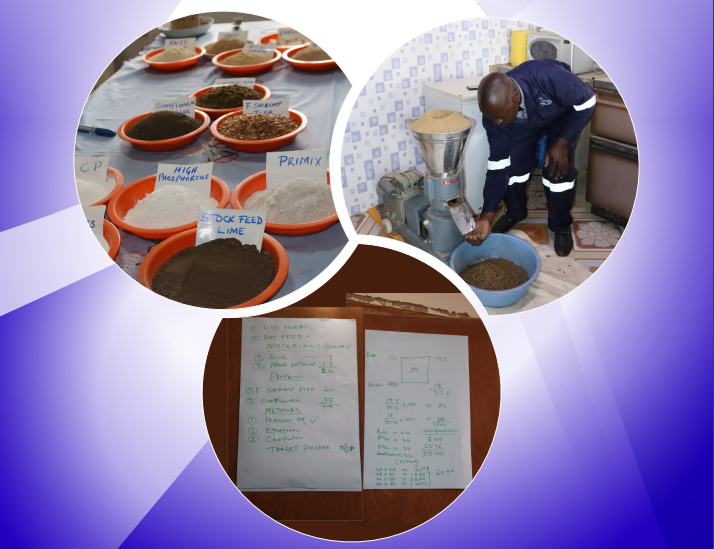
At 62 years old, Julian is a retired Nairobi Water employee who has since set up permanent residence in Lukuyani-Illomino, a rural village in the interior of Kakamega County, Kenya. Like many other retirees, he too found himself pondering the question, “What next?” as he enters this new phase of life. One option that he found to hold tremendous potential and excitement is aquaculture. It was during this transitional phase that Julian discovered ABDP, an initiative aimed at empowering individuals to start their own aquaculture ventures in 2019. Through ABDP, Julian has found renewed purpose and fulfillment transforming his retirement years into a thriving success story.
Upon formation and subsequent selection of his group for training under the programme, Julian and his fellow group members were acquainted with the ins and outs of the aquaculture business. Julian is careful to single out one of his trainers, Francis Obongita an extension officer who under the programme did a commendable job at educating the group about Aquaculture. As he delved deeper into the world of aquaculture, he soon realized that the availability, quality, and cost of fish feeds were hindering the farm’s productivity and growth. He rallied his group to rise to the occasion and find a solution to this impediment. Recognizing the importance of proper nutrition for their fish, they understood the need to find a sustainable and cost-effective solution. Their united efforts and Julian’s participation in an ABDP special course on fish feeds production conducted by the programme in Sagana in 2021, became the catalyst for their success, particularly in the realm of fish feeds which has been a big challenge to farmers as the cost of the feeds were too high and getting it from the nearest market was not easy.
The workshop was enthusiastically taken up by Julian, who immersed fully in the fish feed formulation, armed with newfound knowledge, As he narrates how the programme’s trainers shared valuable insights on creating nutritious and affordable feeds using locally available resources, fostering self-sufficiency within the aquacultural community. He was determined and shared with his group members who set out to establish a community-driven initiative for fish feed production, pooling their resources and expertise. The group did not hesitate and established a small-scale fish feed production unit, utilizing locally sourced ingredients such as sunflower seeds, cassava, and fishmeal substitutes. They then employed innovative techniques learned during the ABDP course to ensure the feeds met the nutritional requirements of their fish.
They make starter feeds which sell at Ksh120 per kilo, pre-grower & grower feeds at Ksh100 and finisher feeds at Ksh90. Every month from the sell feeds, they make Kshs 52,000/= that are banked and shared as dividends at the end of the year. Through continuous experimentation, testing, and collaboration, they refined their formulas, gradually improving the quality and effectiveness of their homemade fish feeds.
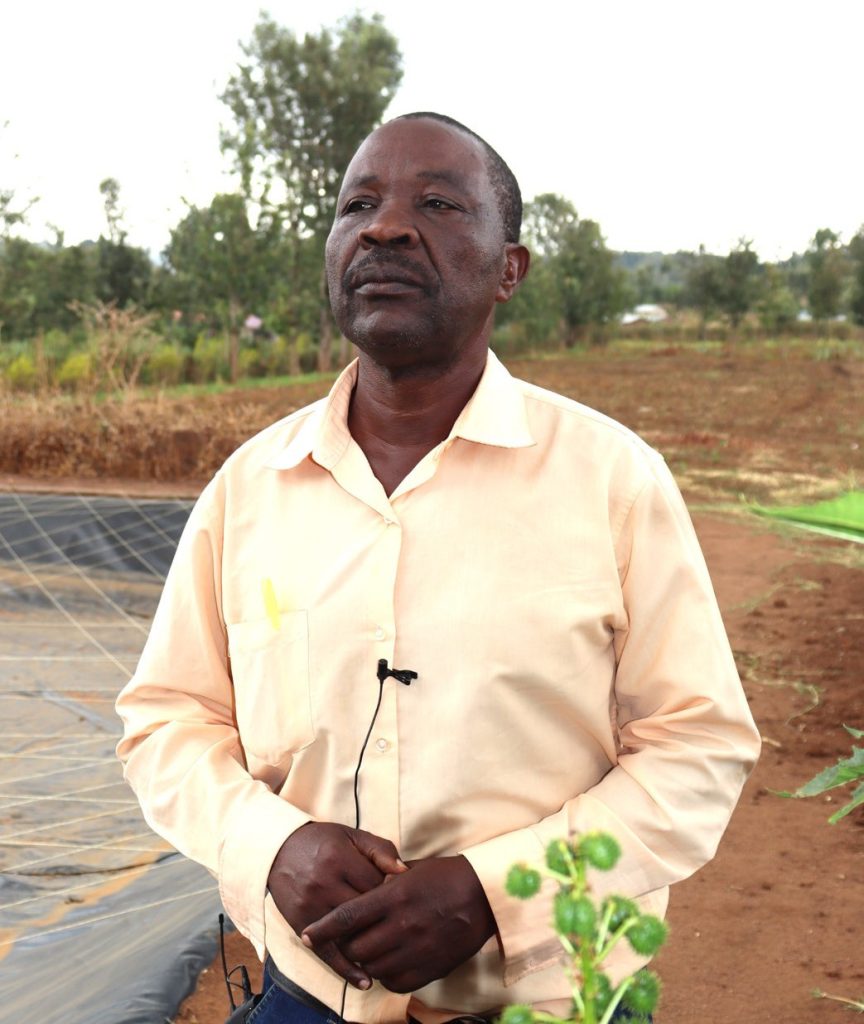
Absalom Wahungulu Simai, a retired teacher, feels proud to note that his teaching profession was underpinned by 32 fulfilling years in the classroom. He continues by saying that despite working in the official sector for much of his career, he never stopped farming. He began fish farming in 2007. He observes that at the onset, there wasn’t much support offered to smallholder fish farmers like himself. This changed upon the intervention of ABDP. He confesses that, despite being no stranger to fish farming as he engaged in it prior to the programme, there remained a lot he was still unfamiliar with about the practice. He acknowledges that he can tell a big difference between his prior and subsequent experiences with fish farming due to the training course received from ABDP.
Above all else, he bears witness to the profound shift brought about by the locally produced fish feeds jointly developed by his group thanks to the skills acquired by one of their group members, Julian who later shared the knowledge with the whole group. The supply of fish feed, Absalom attests, was difficult to come by before they took to local production. Previously, they had to travel all the way to the neighboring urban centers including Kakamega, Kisumu, and Kitale to source fish feed. These logistical expenses and other overhead costs eventually added up to the total cost, making it more costly. The group’s bylaws allow him to loan the feeds when he is short on money with the promise of eventual payback. “Within 2 weeks, one could visibly see the fish are getting bigger, you could even see shooters pacing in the water,” he says. “Were we to go fish for them now, we would eat them without any worry,” he concludes.

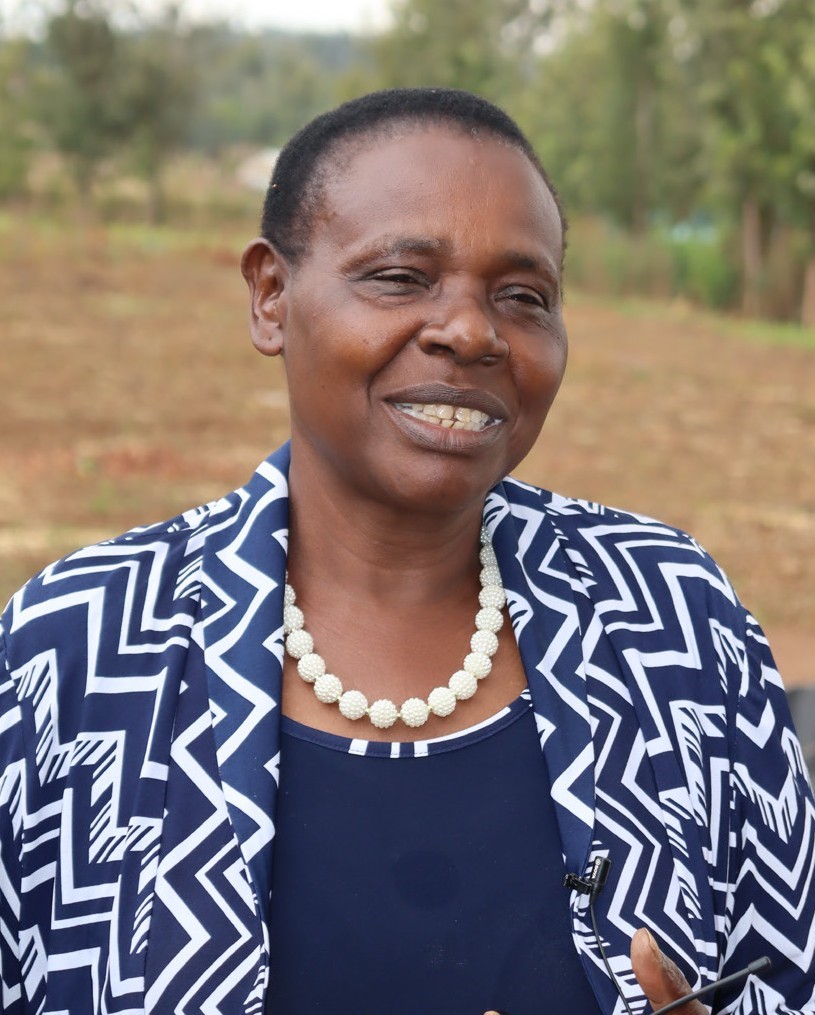
Grace Obwamu, a 66year old senior citizen, began her fish farming business in 2010. Much like the latter aforementioned fish farmer, she is a retired teacher. After becoming a retiree, she became more passionate about fish farming. She joined the group of which Julian and Absalom are a part and has since then never looked back. Every Monday, their group meets to discuss their fish feeds business, exchange ideas on their aquaculture ventures and engage in other worthwhile activities such as table banking. “At the end of the year, we calculate the dividends according to the shares held by an individual in the group within their fish feed production business,” she says.
By leveraging the ABDP’s guidance and support, they overcame the financial hurdles associated with procuring commercial fish feeds and embarked on a path of self-reliance. “Today as a group we stand as an inspiring example of how collaboration and knowledge-sharing can drive progress in aquaculture”. Their success story serves as a testament to the power of unity, innovation, and the transformative impact that can be achieved when individuals rally together to overcome challenges in pursuit of a shared goal.
Their vision
The group has a vision of expanding their business by opening a big production company, attested whereby they have started purchasing more equipment.

